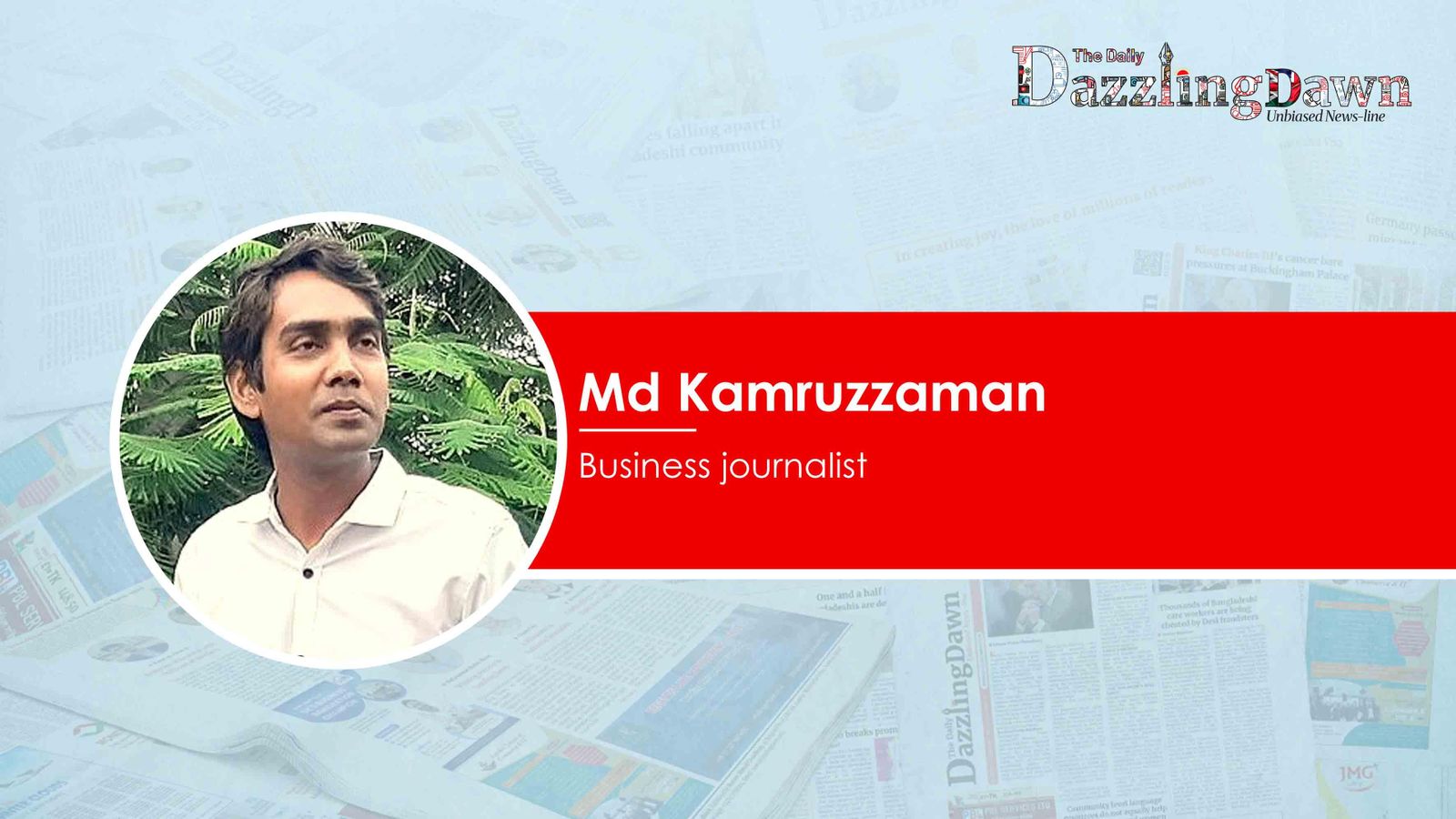The previous Sheikh Hasina government consistently stifled issues by raising new ones, and they also manipulated and distorted history.
This isn't merely a bureaucratic adjustment; it's a seismic shift in how Bangladesh officially recognizes its very genesis. To call this "reform" feels like a cruel irony, particularly when juxtaposed against the backdrop of an estimated one hundred thousand individuals allegedly drawing annual allowances as fake freedom fighters, a staggering BDT 2,400 crore going to those who may have no legitimate claim. Instead of cleansing the rolls of the fraudulent, the focus appears to have chillingly turned to those who led the nation to independence.
Why a sudden, unnecessary ordinance? Is this an attempt to delay reforms and elections by creating an environment for anarchy? No political party made such a demand. The question is, why this sudden, unnecessary ordinance? Why such a decision? What's the purpose behind it? Is it to provoke a 'third force' by creating an anarchic, chaotic situation?
The core of this new ordinance, issued by the Ministry of Law, Justice and Parliamentary Affairs, redefines the 'Brave Freedom Fighter' (Bir Muktijoddha). Crucially, all MNAs and MPAs associated with the wartime Mujibnagar Government – the very government that directed the Liberation War – are now categorized as 'Liberation War Collaborators.' This lumps them into a group that also includes professionals, aid workers, artists, journalists, and even the Swadhin Bangla Football Team, all of whom undeniably contributed to the war effort. While their contributions were vital, to place the architects of the war's political and administrative machinery in the same 'collaborator' category as those who aided the Pakistani forces is a distinction that many find deeply offensive and historically inaccurate.
Even more striking is the specific exclusion of "overseas freedom fighters" from the updated definition of 'Brave Freedom Fighter.' For a nation whose diaspora played a crucial role in mobilizing international support, providing financial aid, and advocating for independence from abroad, this exclusion is a profound erasure of their sacrifices and contributions. It suggests a narrow and perhaps politically motivated interpretation of what it meant to fight for liberation.
Critics are not mincing words, condemning this latest directive as an act of "hatred and revenge" in Bangladesh's fiercely polarized political landscape. History, for any nation, is its bedrock, its collective memory. To tamper with the definition of its heroes, to reclassify its liberators as 'collaborators,' risks not only distorting the past but also sowing seeds of profound division and confusion for future generations.
The true definition of a freedom fighter should be universal: one who actively fought for the liberation of their land and people. It should not be a tool for political expediency or to settle old scores. While the cleaning up of the 'fake freedom fighter' list is a legitimate and necessary task, doing so at the expense of discrediting genuine and foundational figures of the Liberation War is an act that threatens the very identity of Bangladesh. This current move by the interim government will undoubtedly be etched into Bangladesh's tumultuous history, but for many, it will be remembered not as reform, but as a regrettable chapter of historical revisionism driven by political animosity. The pen, in this instance, seems to be wielded not for historical clarity, but for political subjugation, and that is a dangerous precedent indeed.
There's a term, conflict of interest, and I refuse to believe Dr. Yunus doesn't know about it. If that's the case, then how are Grameen Bank's tax exemption, the NBR tax breaks from 2025 to 2029, Grameen University's approval, or Grameen Telecom's license coming about? So, is he truly 'overrated?
(Initial reaction)
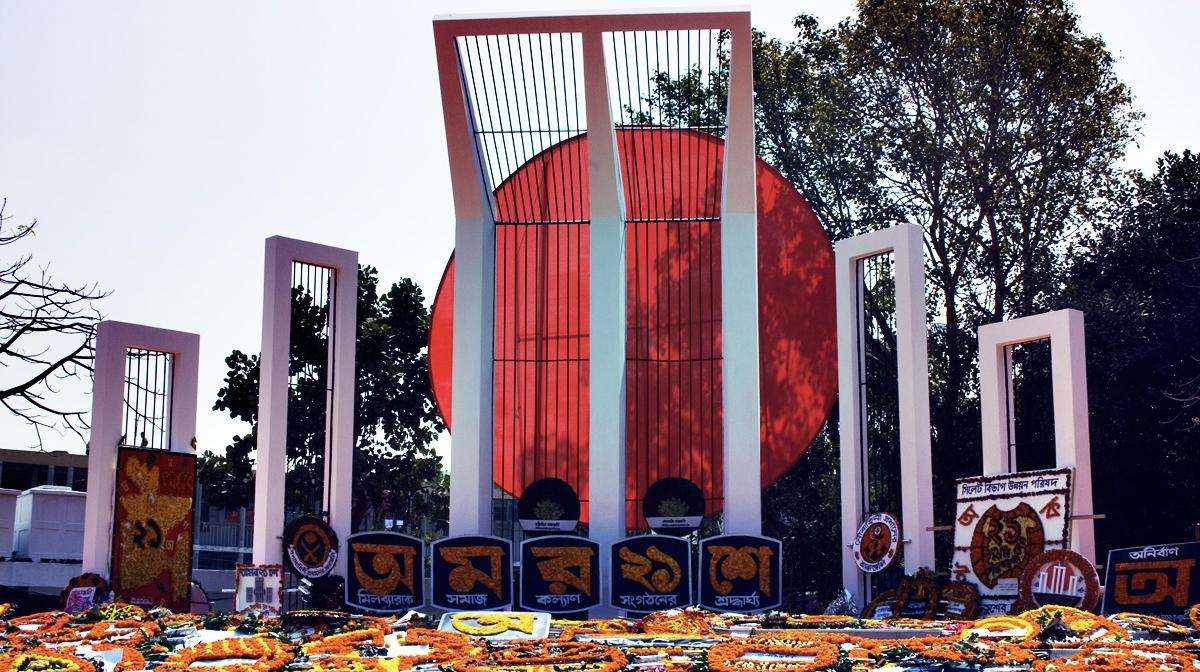
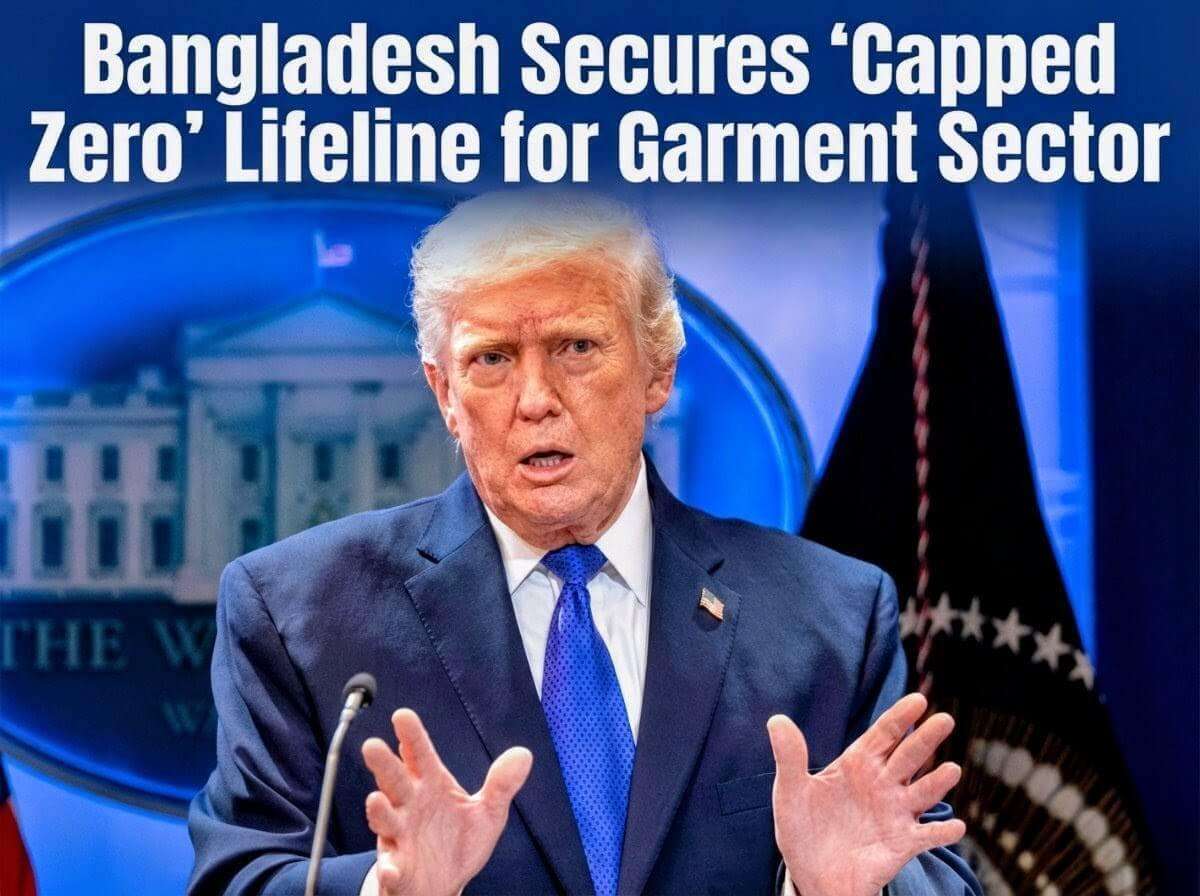
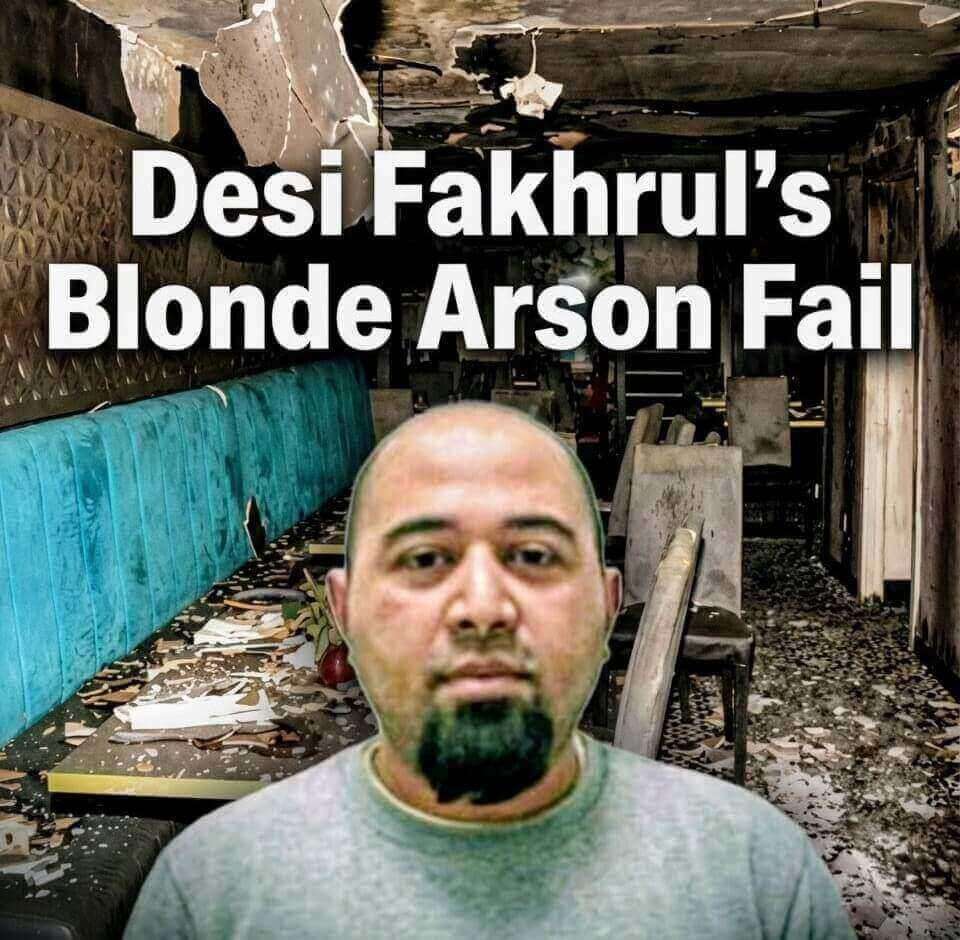

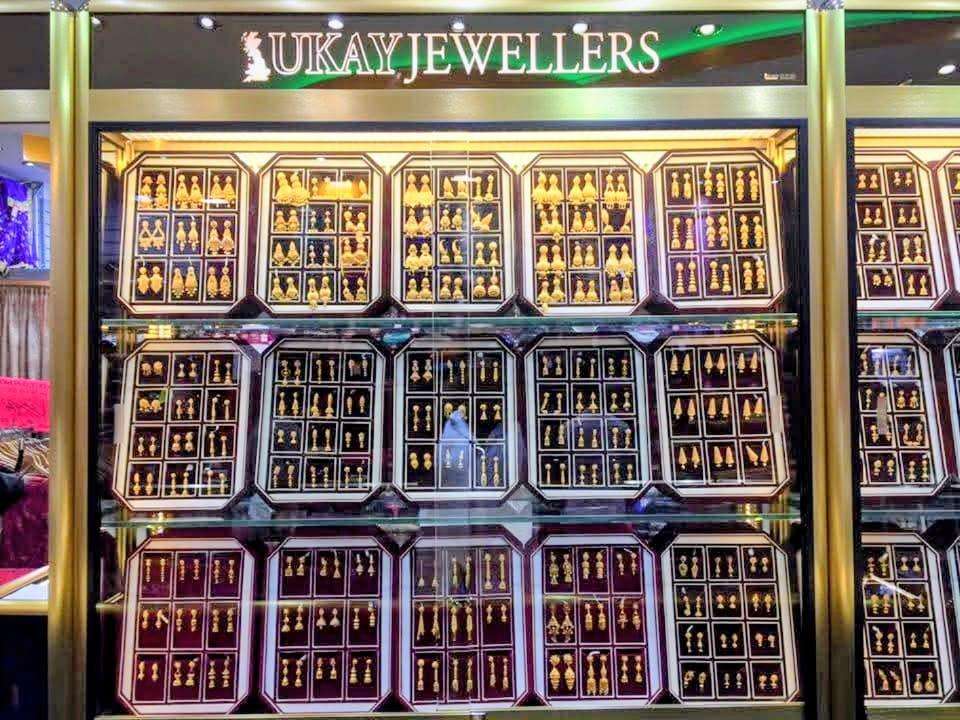

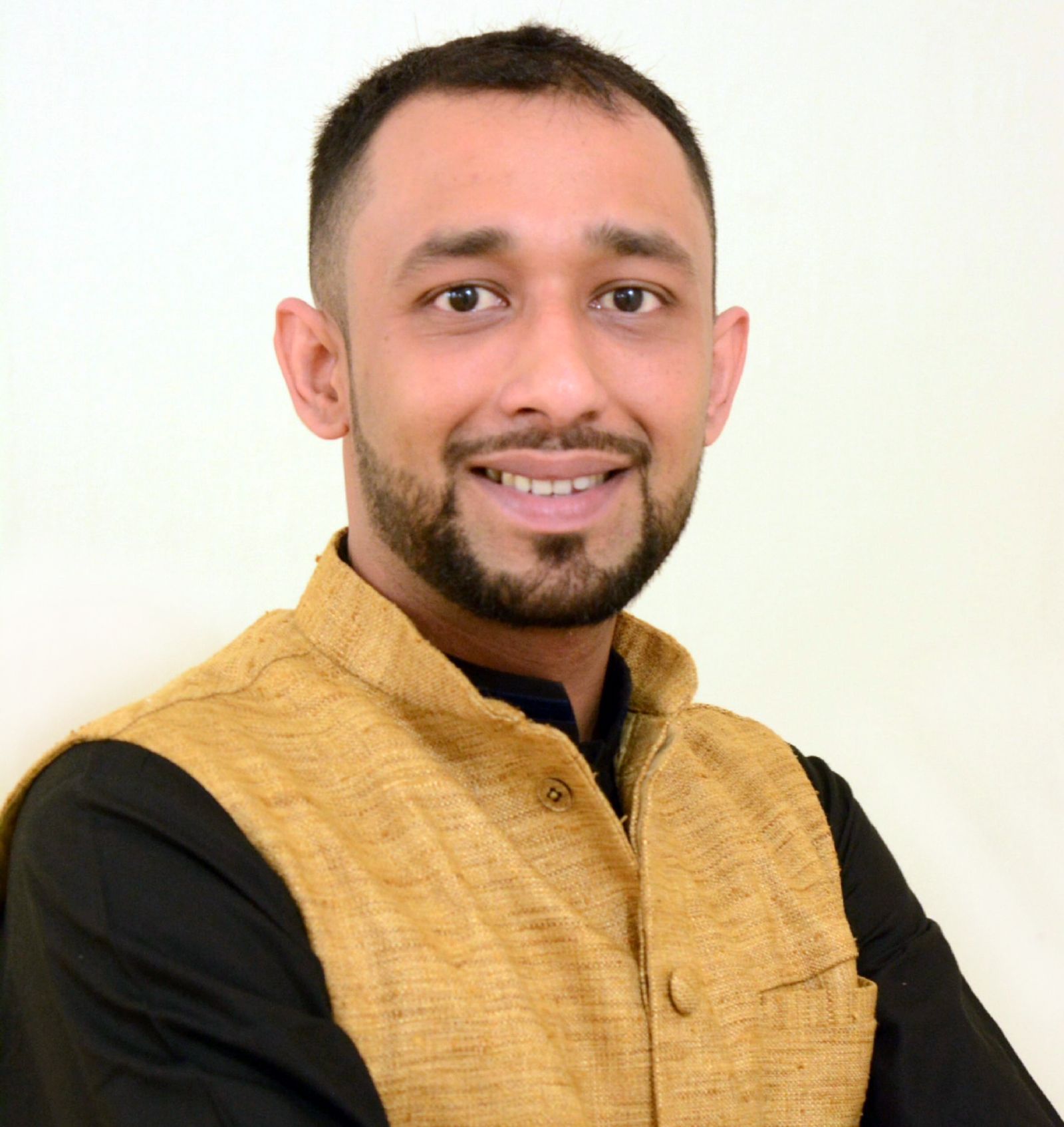
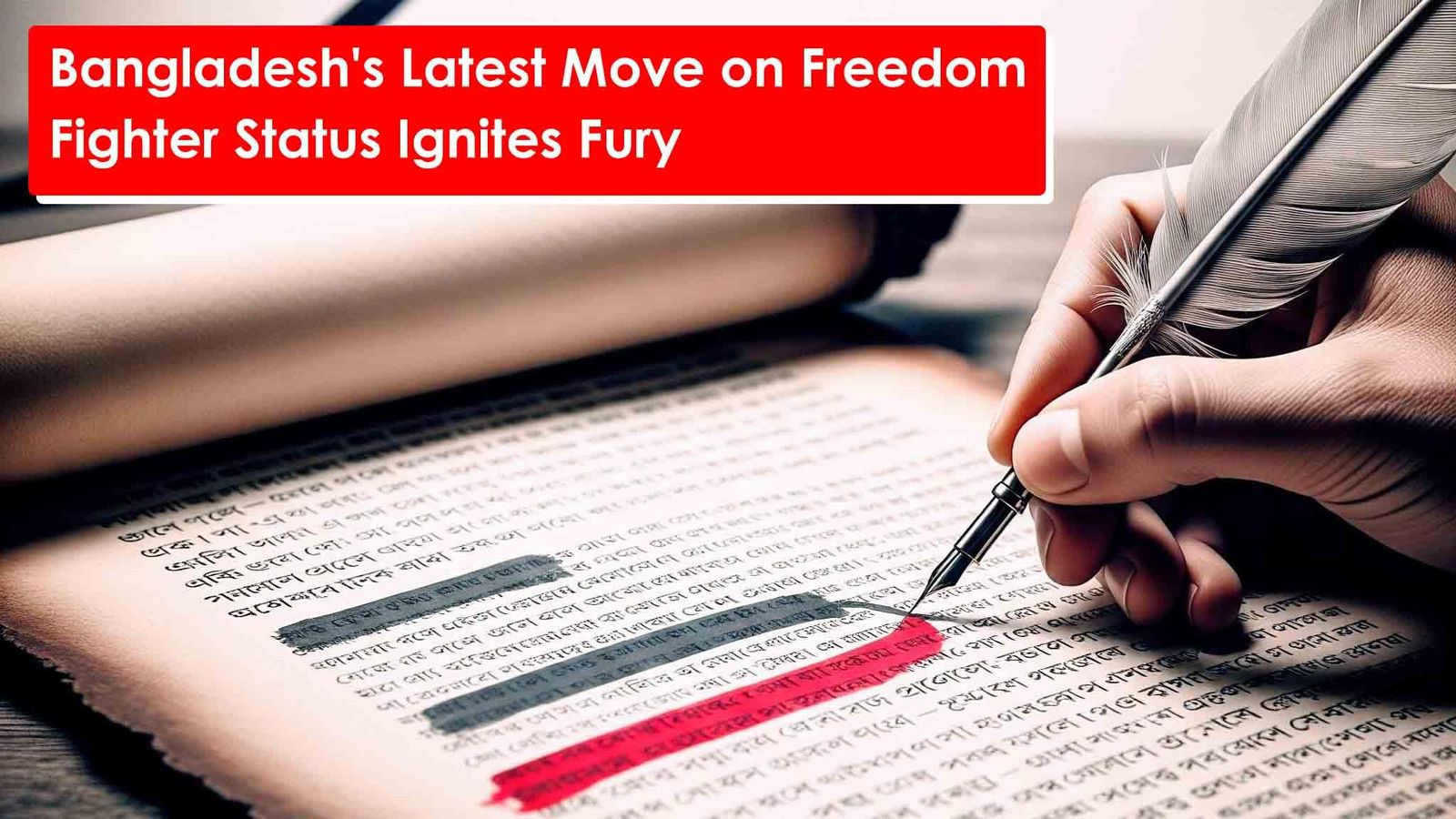
.svg)

